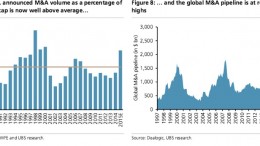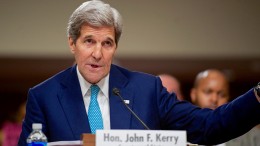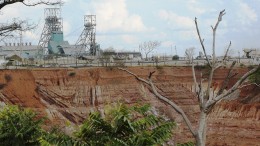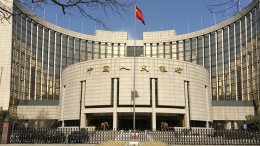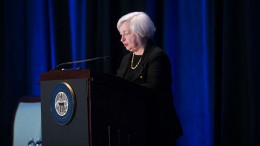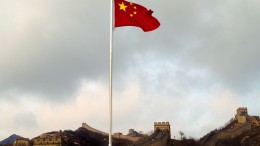US Brokers and Asset Managers: Which debates are likely to evolve or emerge in 2016 ?
UBS | We expect the primary investor focus in 2016 to remain on interest rates but some key debates should shift a long with the environment. A few of the debates we propose and analyze include: Will the realization of earnings from rates matter next year? How will investor perception of asset sensitivity evolve as rates start to rise? Will earnings from higher rates lead to less pricing discipline by trust banks? Is the M&A cycle peaking?

